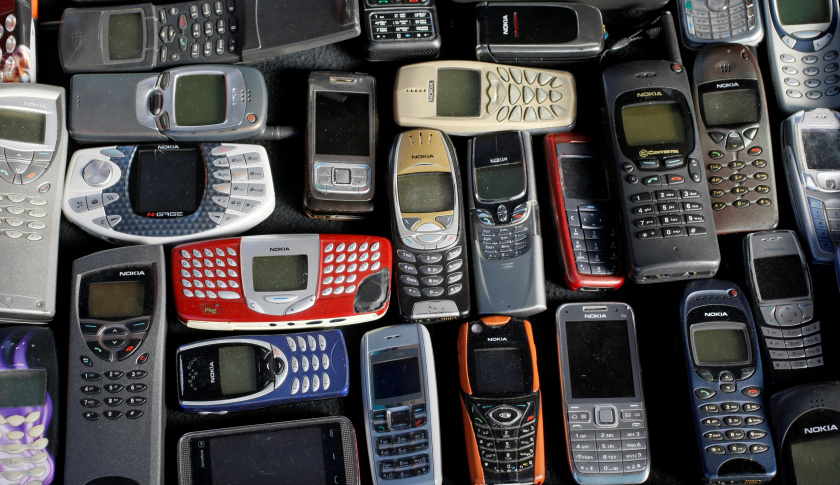Before Google, Apple, Samsung, LG, HTC, Sony, Huawei and a host of other modern-day handset makers rose to prominence, Nokia ruled the roost. From the late '90s through the early 2000s, mobile phones like the Nokia 5110 and Nokia 3310 were ubiquitous (remember Snake?).
Much like BlackBerry years later, Nokia became content with its lead and failed to make the transition to smartphones. A series of failed ventures with Microsoft over the last several years did little to help the cause.
In May of this year, Microsoft sold off what was left of the feature phone business to Finnish firm HMD Global. The company also signed a licensing deal that gives it exclusive use of the Nokia brand on mobile phones and tablets for the next decade.

On Thursday, HMD Global announced its intentions to become a major player in the global smartphone market. Its path to reaching that goal will begin in the first half of 2017 with the arrival of the first Nokia-branded smartphone products running Google's Android mobile operating system. The company has enlisted the help of FIH Mobile Limited, a subsidiary of Foxconn, to handle manufacturing duties.
Led by a number of former Microsoft and Nokia employees, HMD Global likely gives the Nokia brand the best chance yet to succeed in a smartphone-first world. That said, brand loyalty only goes so far. Given today's fiercely competitive landscape and the fact that several key markets are becoming saturated, finding success won't be easy.
Lead image courtesy Kacper Pempel, Reuters
